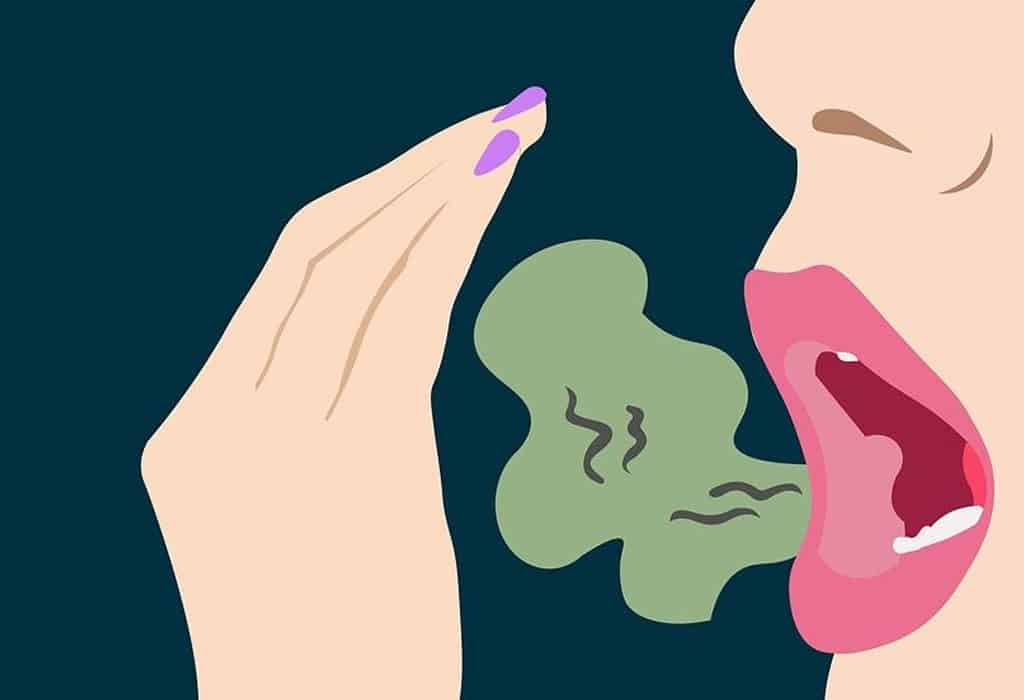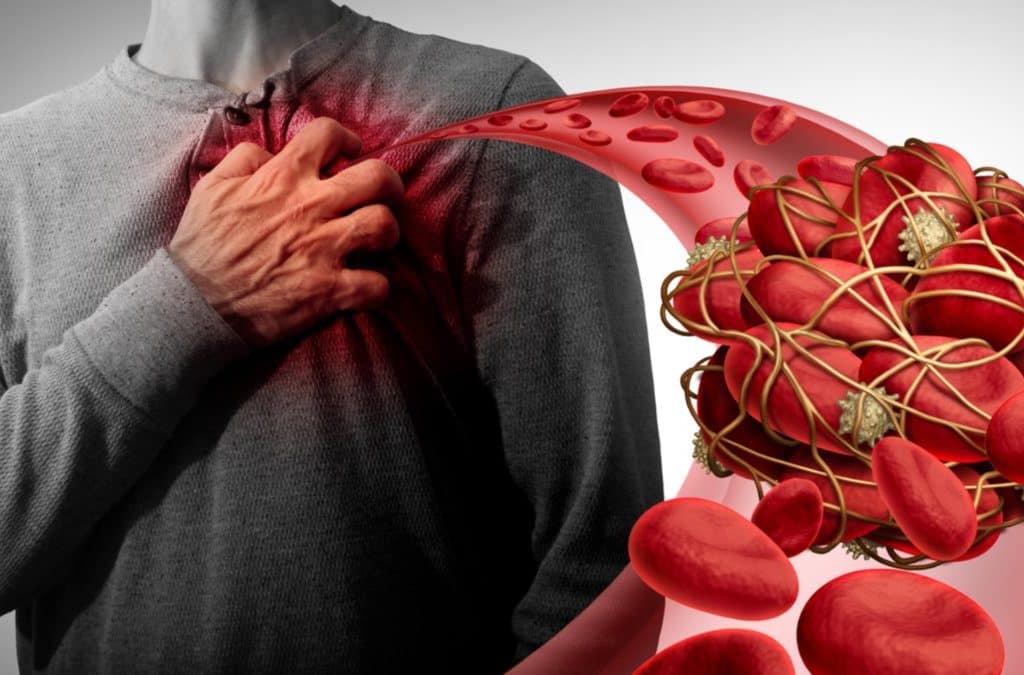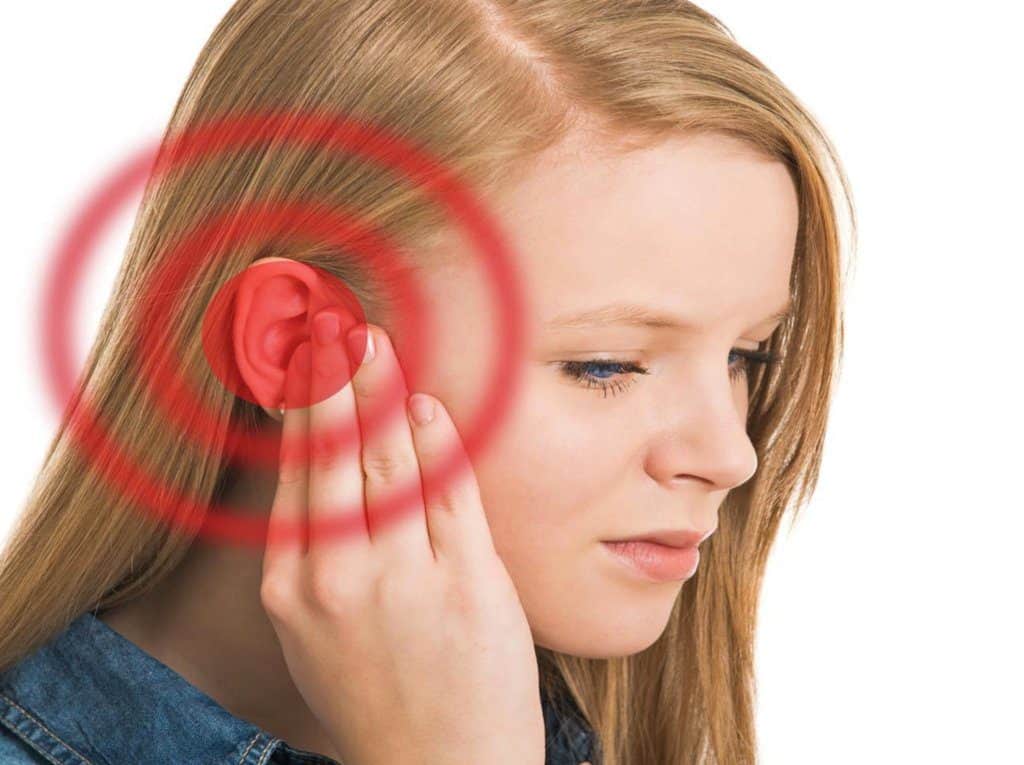Bad breath, or halitosis, is a condition that affects many people around the world. It is often associated with physical issues such as digestion or dental health, but there’s another perspective that addresses the emotional roots of this problem.
The Relationship Between Emotions and Bad Breath
Bad breath can be a sign that our body is sending us about a deeper imbalance, not only physical but also emotional. According to biodecoding, certain repressed emotions, like hatred, revenge, or anger, can manifest through this symptom. When we harbor resentment or criticisms towards ourselves or others, these feelings can significantly impact our health.
How do these emotions connect with bad breath?
These negative feelings generate stress and can alter the hormonal and bacterial balance of our body, thereby affecting the quality of our breath. Moreover, the repression of emotions can lead to decreased oral health due to stress, which in turn contributes to bad breath.
To combat bad breath from an emotional perspective, it is crucial to learn to identify and express our emotions in a healthy way. Communicating what we feel, whether through conversations with friends, therapy, or emotional expression techniques, is essential for freeing ourselves from those thoughts that may be harming us internally.
Inner Healing Strategies to Improve Our Breath
The Power of Forgiveness
One of the most powerful tools in biodecoding is forgiveness. Forgiving does not mean forgetting what happened, but rather freeing oneself from the emotional burden that ties us to that painful memory. Forgiving oneself and others helps release toxic emotions that may be manifesting through bad breath.
Overcoming Life Challenges and Changes
Significant life transitions can be stressful and generate intense emotions that, if not properly managed, could impact our physical health, including our breath. Learning to adapt to changes and overcoming difficulties with a positive and open attitude can help improve our emotional and physical health.
Practical Techniques for Improving Breath
Enhancing Oral Hygiene
While our main focus has been the emotional aspect of bad breath, the importance of proper oral hygiene cannot be underestimated. Maintaining a dental cleaning routine is crucial for anyone concerned about the quality of their breath.
Brushing: Brushing your teeth at least twice a day with fluoride toothpaste is essential for removing food residues and bacterial plaque that cause bad breath. It is crucial to pay attention not only to the teeth but also to the tongue, where odor-causing bacteria can accumulate.
Flossing: Many people skip this practice, but using dental floss daily is key to removing food and plaque from between the teeth, areas where the brush does not always reach.
Mouthwashes: Antibacterial rinses can help reduce the amount of bacteria in the mouth, complementing brushing and flossing.
Dentist Visits: Scheduling regular visits to the dentist every six months allows for professional cleaning and early detection of problems such as cavities or gum diseases, which can also cause bad breath.
Relaxation and Meditation Techniques
Stress has a direct impact on our overall health and can negatively affect oral health, exacerbating issues like bad breath. Incorporating relaxation and meditation techniques can be very beneficial:
Meditation: Dedicating time to meditation can help reduce stress and anxiety. Mindfulness meditation, for example, involves focusing on the present moment and can be a particularly useful practice for calming the mind and body.
Yoga: Not only is it beneficial for flexibility and physical strength, but it also promotes relaxation and mental well-being. The poses and controlled breathing in yoga help improve circulation and digestion, which can be helpful for those suffering from bad breath due to digestive issues.
Breathing Exercises: Specific breathing techniques, such as diaphragmatic breathing, can improve the ability to handle stress and anxiety. These exercises enhance the body’s oxygenation and promote a state of calm, which can reduce the incidence of bad breath caused by stress.
Music and Aromatherapy: Combining meditation or yoga with relaxing music and aromatherapy can intensify the benefits of these practices. Essential oils such as peppermint and eucalyptus are not only pleasing to the sense of smell but also have antibacterial properties that can contribute to fresher breath.
Conclusions
By integrating these practical techniques into our daily lives, we not only improve the quality of our breath but also promote overall well-being, balancing our physical and emotional aspects for comprehensive health.
Bad breath is a problem that may have deeper roots than traditionally considered. Biodecoding offers a different perspective on understanding how emotional conflicts and repressed emotions can affect our physical health.
By adopting a holistic approach that includes emotional management, forgiveness and improving oral hygiene, we can effectively tackle this challenge and significantly improve our quality of life.




